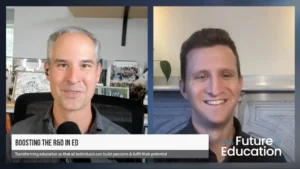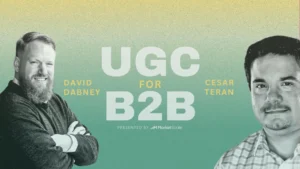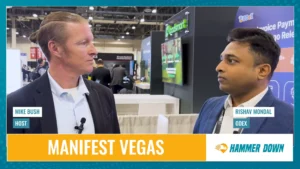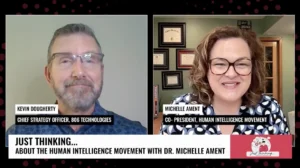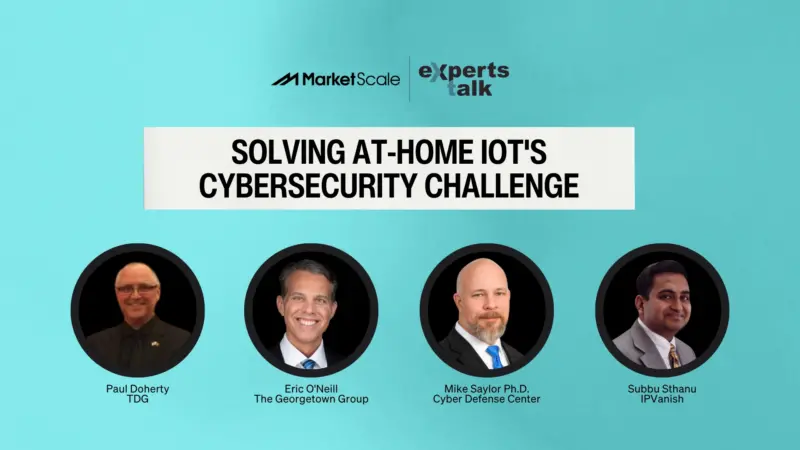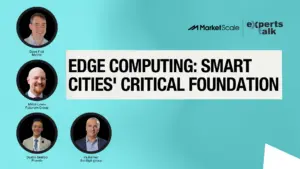Can Blockchain and International Regulations Get Along?
The way we communicate, share data and use technology to act on those insights is changing – and it’s all leading to the cloud.
On In the Cloud, every week new experts will engage in a fire side chat and will bring their extensive experience in software, IT and mobile solutions straight to you, offering a glimpse into the future of cloud connectivity around.
In the Cloud takes on blockchain and specifically how it helps facilitate international payment transfers. Host Daniel Litwin welcomed Edgar Fernandez, Co-Founder of EOS Costa Rica, to discuss the current and future environment of blockchain in Latin America. EOS Costa Rica develops blockchain infrastructure and software solutions for the real-world.
“Our alliance partners and we are building an infrastructure layer with compliance. The next layer is building an identity as a user, to permission who is using resources and for what purpose with recourse” – Edgar Fernandez
Fernandez first explained that the biggest hurdles in using blockchain are there are “different rules in different places.” Each country has its own regulations, but it wouldn’t make sense for each one to have its own public blockchain.
Instead, Fernandez described the approach as regional. “The regional response for payment transfer is one that respects every jurisdiction but also doesn’t slow down the process. The opportunity is regional coordination in Latin America.”
Fernandez did note that regulators are becoming more aware. “They see the possibility of blockchain speed, efficiency, traceability, and tools available for analytics, forensics, and knowing your transaction.”
The risk, he said, is regulating for today, and that it’s not future-proof. What EOS Costa Rica is doing to avoid this risk is working to build a public permission blockchain backed by IDD, an arm of the World Bank.
“Our alliance partners and we are building an infrastructure layer with compliance. The next layer is building an identity as a user, to permission who is using resources and for what purpose with recourse,” Fernandez added.
Fernandez mentioned a pilot program using this framework that allows for data sharing between different custom and border patrols. With sensible infrastructures, economic activity between regions will be much easier. He also spoke about the company’s recent project, using blockchain to incentivize blood donation during the pandemic. The program verified blood donors via a blockchain solution with tokens that were usable for discounts or free goods in the community.
Stay Tuned For New Episodes
Follow us on social media for the latest updates in B2B!
Twitter – @MarketScale
Facebook – facebook.com/marketscale
LinkedIn – linkedin.com/company/marketscale


